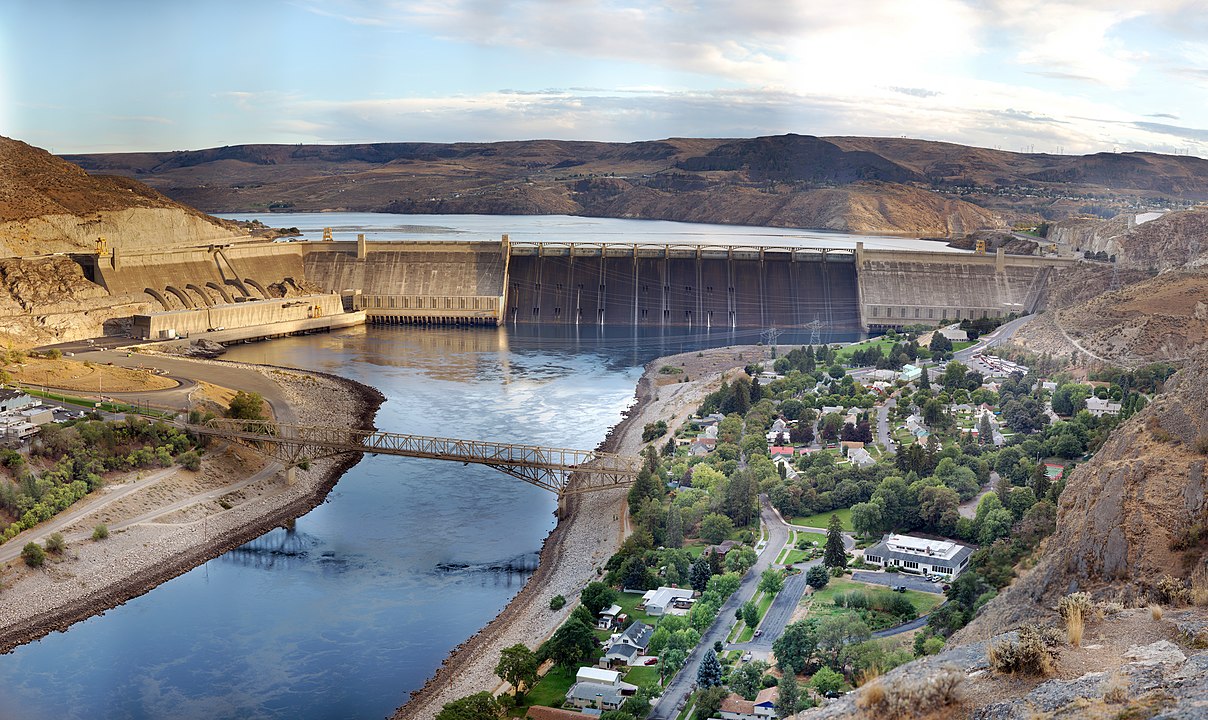The Pacific Northwest Utilities Conference forecasts regional power needs. Its recently released independent forecast shows a projected 30 percent shortfall in the next ten years.
Meanwhile, utilities that own low-cost hydro power use it to attract energy-hungry server farms gobbling up capacity and increasing deficits that other utilities and their customers will pay through higher rates.
Meanwhile, the Inslee administration and the State legislature are proclaiming the benefits of the “Climate Commitment Act” while acting inconsistently by providing tax subsidies for server farms.
There ought to be a law.
And surprise, there is but it can’t be enforced.
It’s a provision that the Bonneville Power Administration customers agreed on when Congress passed the Northwest Power Act in 1980. The provision limits BPA customers from adding “new large single loads” that might place more load on BPA and “steal loads” from other public utilities or go “prospecting” for new business by touting BPA cheap power.
It was added to prevent exactly the kind of server farm subsidy which leads to other BPA customers facing higher rates as BPA’s predominately hydro power becomes less available, requiring BPA to acquire more expensive power to fill the gap.
So, what happened? And why isn’t this provision being enforced?
Because Bonneville decided that it had enough power and didn’t want to acquire any more. Instead, it divided its power through a “slice program,” giving each utility a share of low cost power and removing the underlying reason for which the Power Act said it wouldn’t acquire anymore.
And how does this relate to “server farms?”
It means that the rich utilities, who have their own power can use the BPA “slice” anyway they want. They can use it to attract customers who are only performatively committed to climate mitigation. Or use their own power, typically from their own dams, to sweeten the deal. Or mix and match and buy more on the open market.
Utilities with independent resources win. Those without lose.
But wait, there’s more. The Washington State legislature made a deal in 2010 by rationalizing that eastern Washington utilities could attract server farms because they “create jobs and economic prosperity.” The biggest beneficiary since 2018’s generous revision: Microsoft. And the company said the tax subsidy “aligns with the intention of the law makers.”
Not so much.
Server farms create one time construction jobs and little long-term employment. Construction unions and State legislators representing hydro-rich utility districts like the subsidy and tenaciously continue to justify it. And Governor Inslee vetoes even studying the tax subsidy benefits, if any, ensuring that it undermines his own “Climate Commitment Act” by enabling the use of eastern Washington power.
Discover more from Post Alley
Subscribe to get the latest posts sent to your email.

This is THE issue for Washington’s environmental survival (along with the clear cutting of our legacy forests.) The monumental energy use forecast for AI with its servers churning computations should stop AI in its tracks— instead the apologists and pie in sky visionaries claim that somehow permanently exhausting our water table and/or restarting every retired nuclear plant to support high tech will actually be our salvation. The environmental hypocrisy goes unquestioned, and I thank you for raising it. I have asked every candidate for governor what their position is on this issue. All I get is equivocation or non-answers.
Readers who are interested in this issue might look up a July 28 Seattle Times article “Data centers guzzle power, threatening WA’s clean energy push”, which covers it at great length with particular attention to Grant County.
Their data centers outstripped the excess hydro capacity, and they were obliged to get into an energy pooling deal that has them putting their hydro in the pool and then using “unspecified” sources (fossil fuel) from the pool. I don’t see this stated, but I assume they get more power this way because the hydro is worth more to customers that care more about CO2. That only goes so far, though, and soon will have to be revisited; meanwhile consumers that care more about CO2 include some of their own customers, who get contracts that guarantee hydro.
There is apparently still some cryptocurrency mining, but the light in the tunnel that’s an oncoming train is Artificial Intelligence. At some point they’ll need to start really paying. Not just paying what everyone else pays, they’ll need to pay for the costs of the capacity increases they need, with solar or whatever source that isn’t fossil fuel.